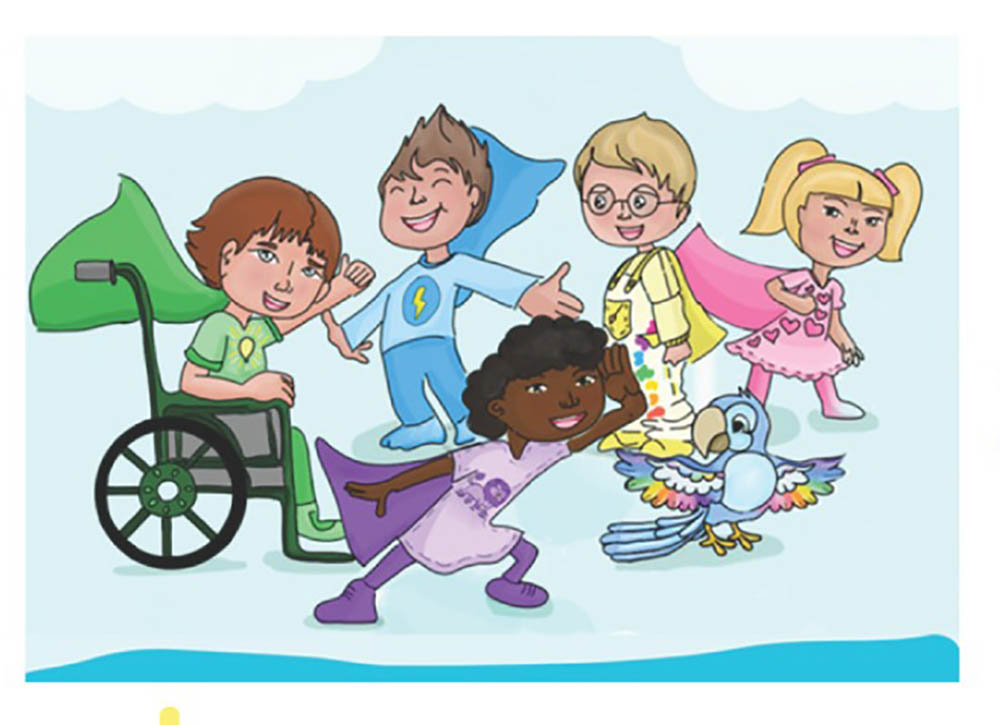The Learn to Fly project brought together 280 children aged 5/6 from all over the country and managed to help them control impulses, increase mutual help and reduce the feeling of exclusion, bringing families closer to schools, according to promoters.
Developed between February 2022 and March of this year, the Learn to Fly project aimed to promote, in children, skills such as psychological flexibility, openness, curiosity and autonomy, and the results will be presented on Tuesday, in a online initiative.
Learn to Fly was applied in eight institutions in the municipalities of Alcanena, Beja, Lisbon, Porto, Loulé and Viseu and the results obtained make those responsible intend to extend it to children from 3 to 10 years old, increasing the number of activities of the manual and/or its complexity.
With the challenges proposed by the teachers, improvements were achieved in some items that assess the emotional part and behavioral problems, especially in hyperactivity, increasing the ease of controlling impulses and reducing the need to always be on the move. Regarding relationship problems with colleagues, there was a reduction in feelings of exclusion and an increase in the feeling of belonging to the group.
Specialists also noted an increase in friendliness, sensitivity and mutual help among children.
As for “psychological flexibility”, improvements were observed in children's awareness and attention to what was going on around them, as well as in children's attempt to regulate their behavior, doing their best to behave well on a daily basis.
There was also an easier relationship with peers and care for the planet, as well as the ability to participate in decisions in various contexts of the child's life. It also improved dialogue with other generations, in particular that of parents.
“The most efficient way to prevent problems in adolescence is to support young people to develop their full potential”, explained to Lusa the psychologist Margarida Gaspar de Matos, who coordinated the project, stressing the importance of including young people – in this case, children – in making decisions that influence the course of their lives.
“The idea was to have this intervention as soon as possible”, he said.
With the support of scientific literature, a methodology and a detailed evaluation process, a manual was developed, which included a program of 12 sessions developed by the 22 professors who participated in the project. Among the various themes worked on were the ideas that children had for school, for friends, for home, for planet Earth and even for changing the world.
Based on the story of five children with different psychological and physical characteristics, families, life and cultural histories – Lucas, Eva, Artur, Renata and Nastya – the youngest were challenged by a parrot to become socially more participatory.
Among other items, we studied the perception that children have of decision-making in the classroom, at school and at home, conversations with other generations (parents, grandparents or great-grandparents), as well as feelings regarding the proposed activities and your life.
Training actions were also carried out with the teachers involved, so that they could follow up on the project, disseminating it to schools nationwide.
The authors of the project, which resulted from a prize awarded by the Calouste Gulbenkian Foundation, also intend to include it in the pre-school and 1st cycle of basic education programmes.
As an example of how the project helped to change something in the schools, there is a letter written to the management asking to change the snacks in one of the institutions, in which the children's requests were heard, and some proposals to change a room in one of the schools, which were equally accepted, so the space will go to works.
The project is being translated and adapted to be applied in Brazil and Argentina.



















Comments